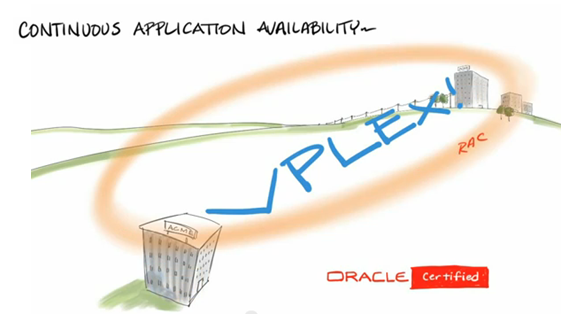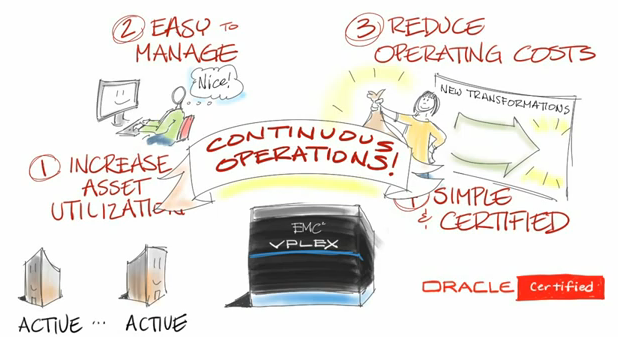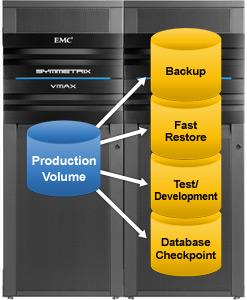By now, we all know Oracle is fully supported on VMware. Anyone telling you it’s not supported is either lying to you, or doesn’t know what he is talking about (I keep wondering what’s worse).
VMware support includes Oracle RAC (if it’s version 11.2.0.2.0 or above). However, Oracle may request to reproduce problems on physically deployed systems in case they suspect the problem is related to the hypervisor. The support note says:
Oracle will only provide support for issues that either are known to occur on the native OS, or can be demonstrated not to be as a result of running on VMware.
In case that happens, I recommend to contact VMWare support first because they might be familiar with the issue or can escalate the problem quickly. VMware support will take full ownership of the problem. Still, I have met numerous customers who are afraid of having to reproduce issues quickly and reliably on physical in case the escalation policy does not help. We need to get out of the virtual world, into reality, without making any other changes. How do we do that?
1382 total views

 My all-time high post with the most pageviews is the one on Linux disk alignment:
My all-time high post with the most pageviews is the one on Linux disk alignment: 



 As more and more customers are moving their mission-critical Oracle database workloads to virtualized infrastructure, I often get asked how to deal with Oracle’s requirement to reproduce issues on a physical environment (especially if they use
As more and more customers are moving their mission-critical Oracle database workloads to virtualized infrastructure, I often get asked how to deal with Oracle’s requirement to reproduce issues on a physical environment (especially if they use 